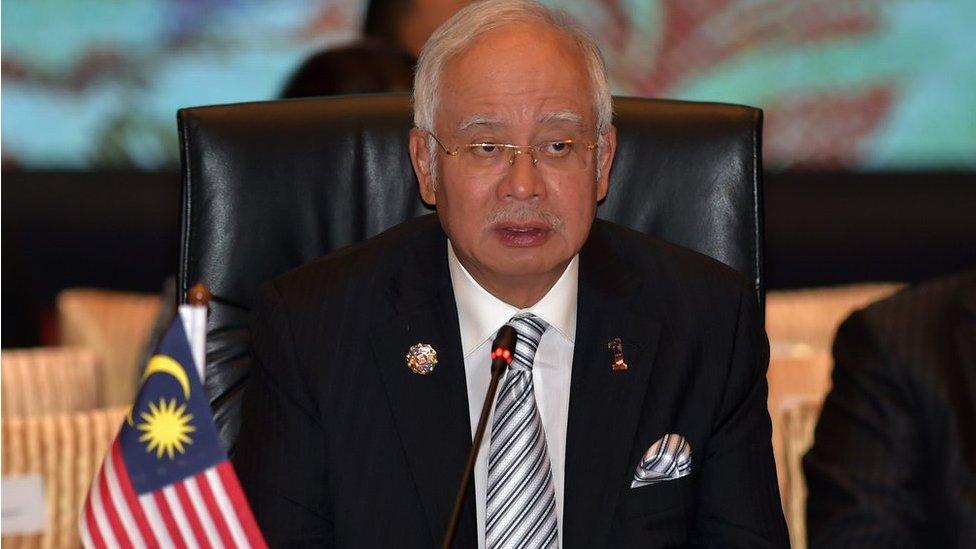Malaysia's new security law raises rights concerns
- Published
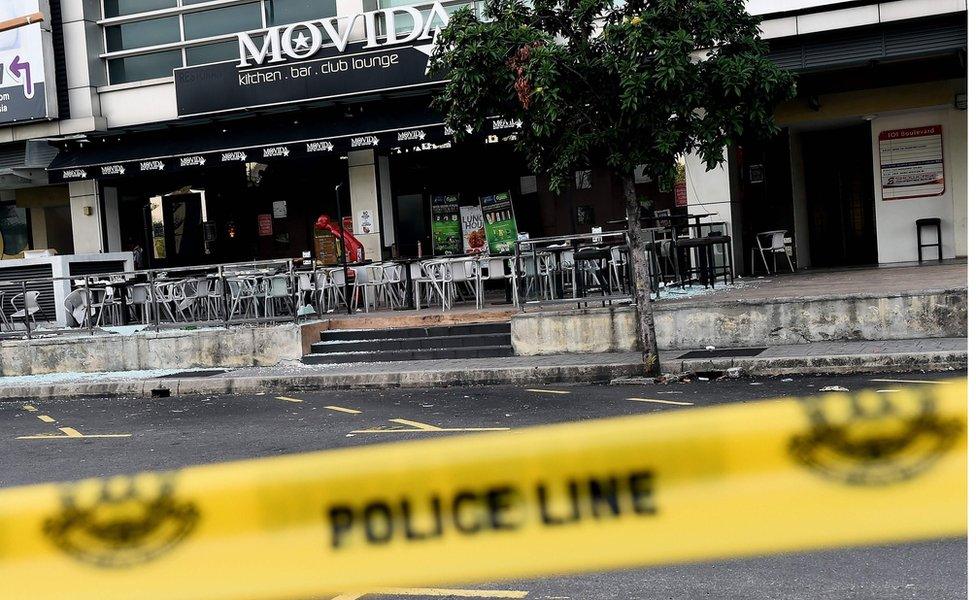
A recent attack on a bar near the Malaysian capital, blamed on IS, injured eight people
A new security law giving Malaysia's prime minister sweeping new powers has prompted concern it could restrict rights and stifle democracy.
It allows a security council led by Mr Najib Razak to declare a state of emergency anywhere deemed to be at risk, giving police wide powers.
Mr Najib has said the law is necessary as Malaysia is facing a growing threat from Islamist terror networks.
But the UN has said it could encourage human rights violations.
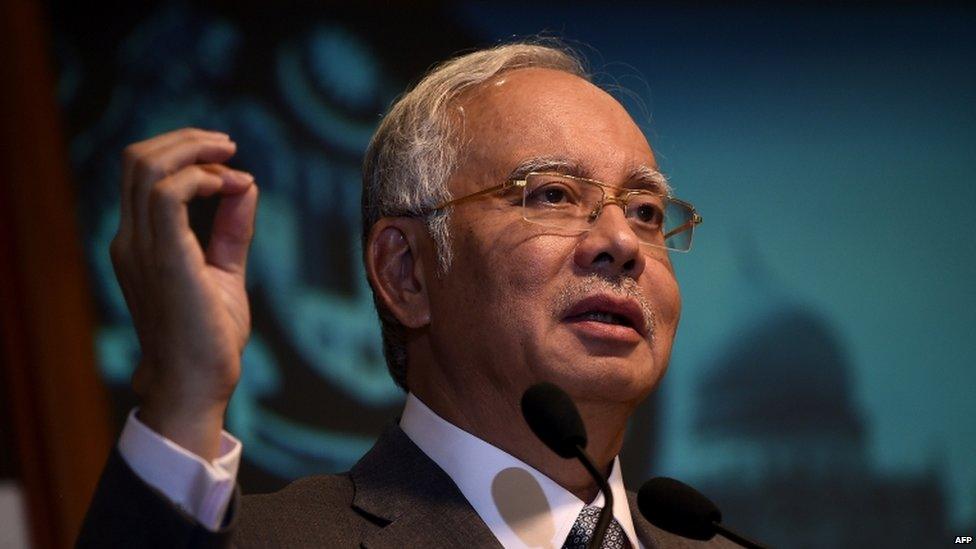
Despite America's legal case against 1MDB, Malaysia is a staunch US ally in the fight against militancy
The new laws were approved by parliament in December and came into effect on Monday.
Now, if the Najib-led council declares a local state of emergency, security forces can impose curfews and are granted wide powers of arrest, seizure and use of force, for which they can also be granted immunity.
The United Nations said last week it was "gravely concerned" the law might encourage human rights violations and lead to restrictions on free speech.
Human right charity Amnesty said the Malaysian government had "assumed potentially abusive powers".
Ibrahim Suffian, a political analyst in Kuala Lumpur, said the laws will worry many as similar laws in Malaysia "have been in the end used for political dissidents".
Mr Najib has said his government "will never apologise for placing the safety and security of the Malaysian people first".
He pointed to the threat posed by militants like the so-called Islamic State (IS) group which was blamed by police for a grenade attack on a bar near Kuala Lumpur in June.
It comes as the prime minister is facing increasing questions over his involvement in the massive financial scandal surrounding the Malaysian development fund 1MDB.
Mr Najib is believed to be the "Official 1" mentioned in a US embezzlement case involving the fund.
He denies accusations of wrongdoing and and has been cleared by a domestic investigation into the scandal.
He has also moved to punish officials and media outlets which criticised him over the scandal.
- Published22 July 2016
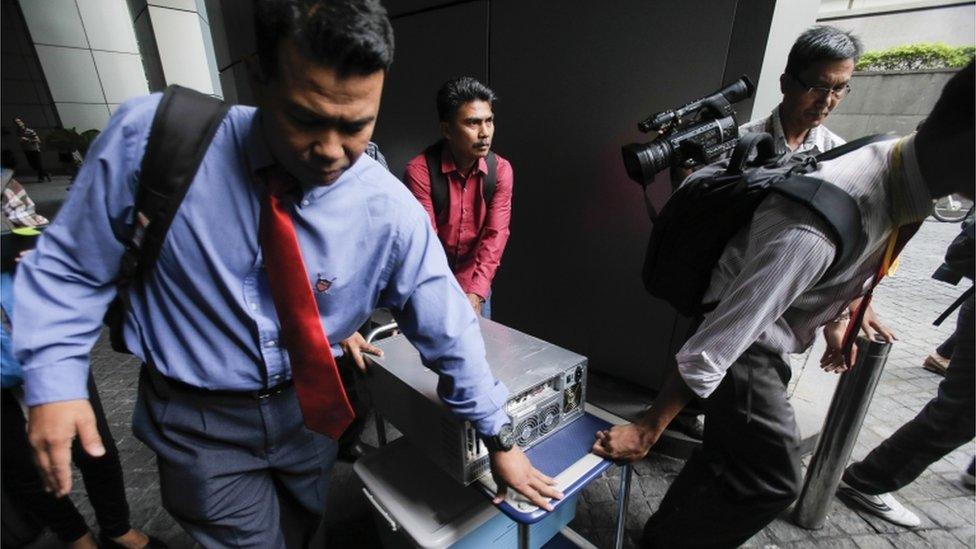
- Published21 July 2016
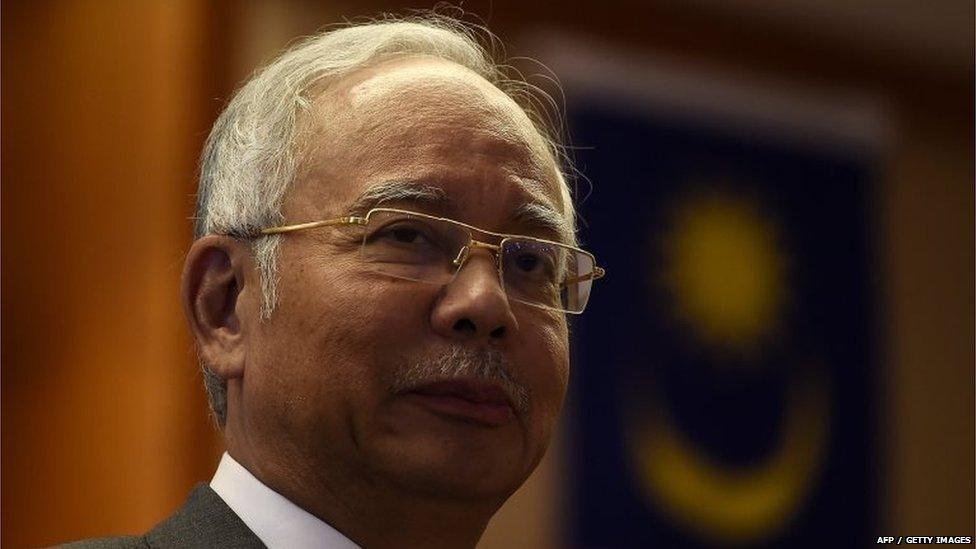
- Published21 July 2016
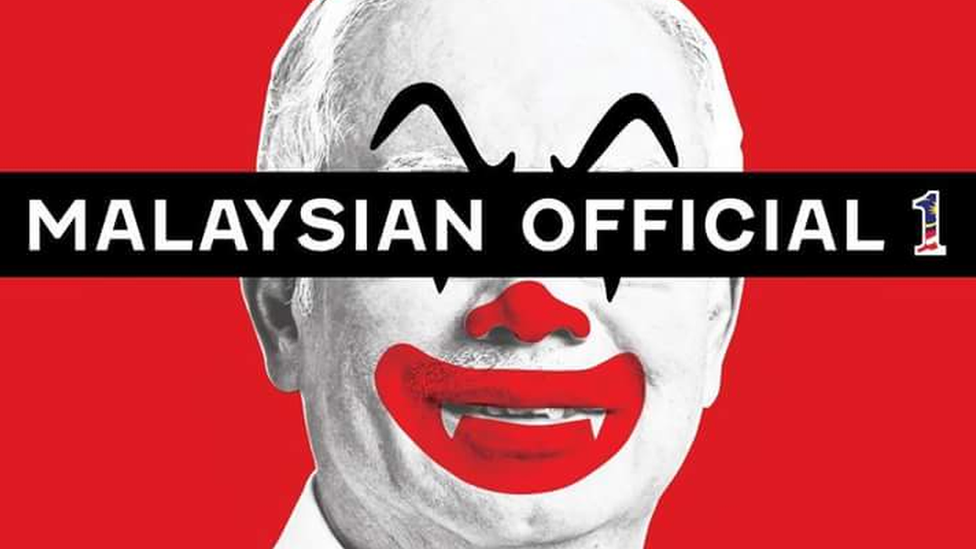
- Published21 July 2016
- Published21 July 2016
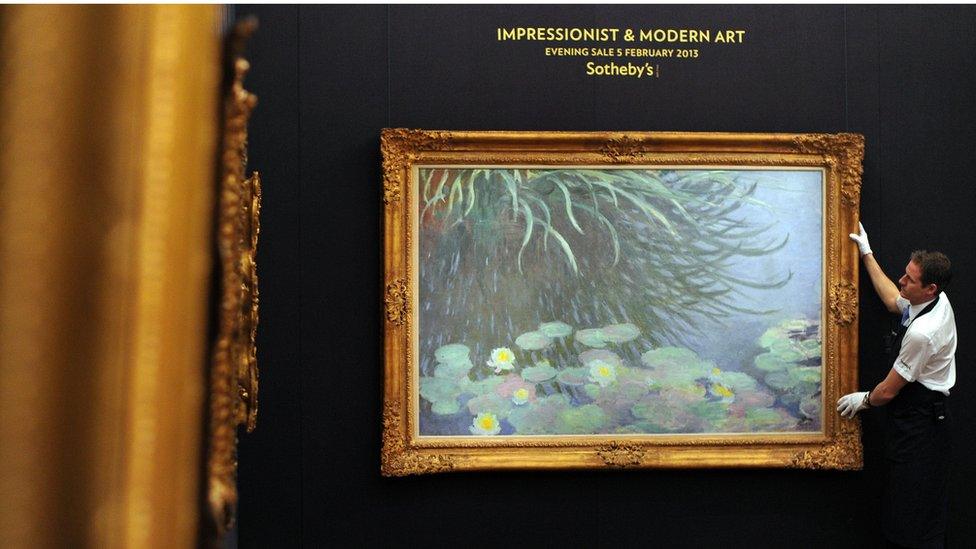
- Published28 July 2020
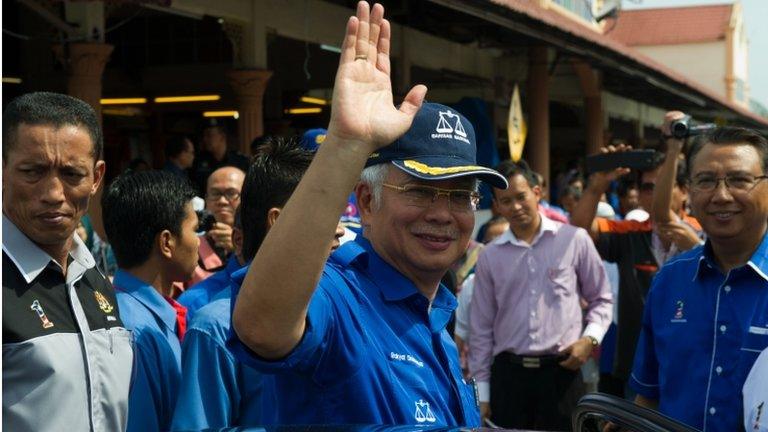
- Published3 December 2015
